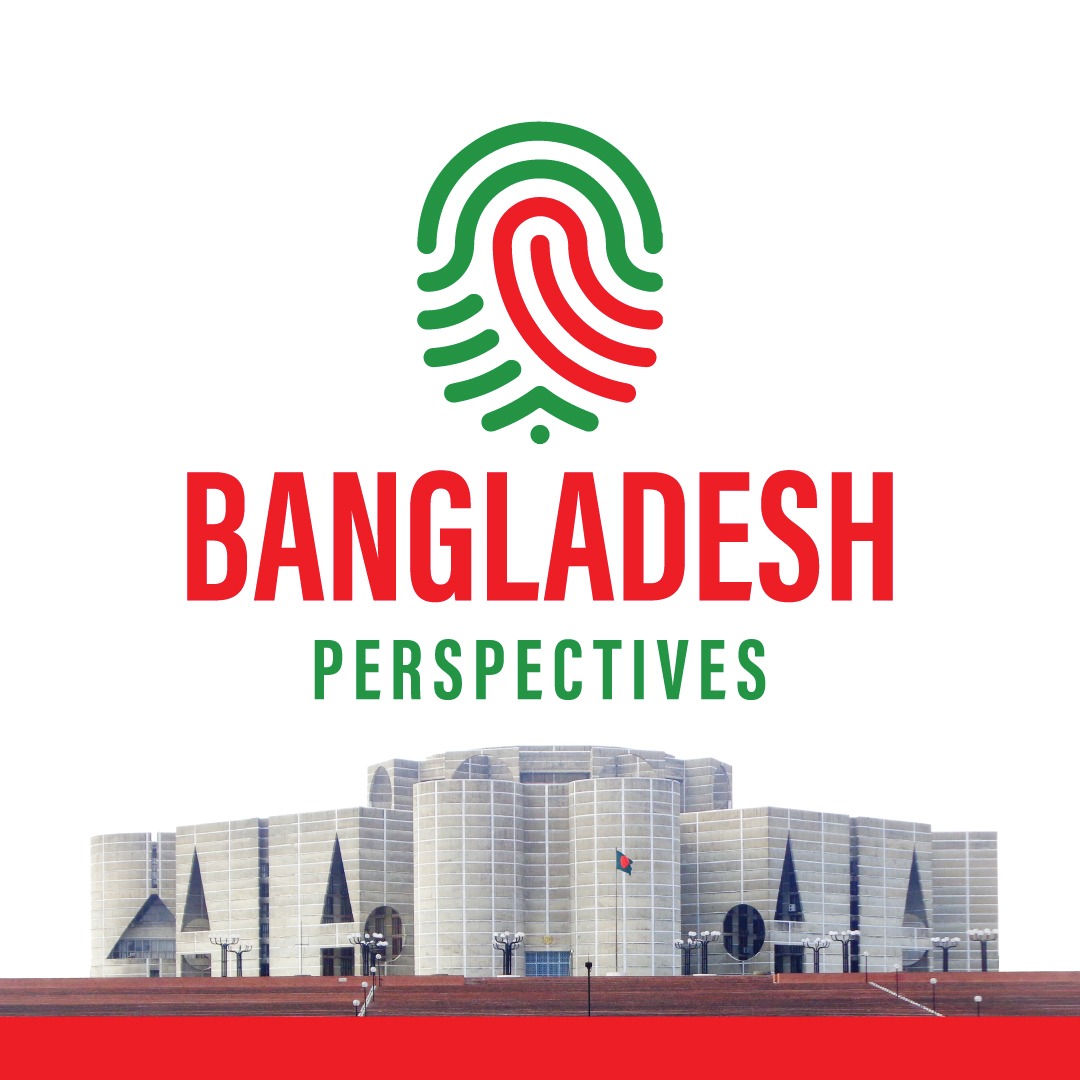Once considered a symbol of the fight against corruption in Bangladesh, the Anti-Corruption Commission (ACC) has now sunk into the depths of corruption itself. The recent controversies surrounding the ACC are not just moral or legal deviations — they signal a terrifying threat to the entire administrative framework.
Under the shadow of the so-called caretaker government led by Dr. Muhammad Yunus, the illegal release of corrupt BNP leaders has shocked the nation. Various sources reveal that over the past few months, the ACC has illegally freed at least 300 convicted corrupt individuals in exchange for large sums of money. Most of them are powerful BNP-affiliated politicians, businessmen, and bureaucrats who looted state funds and stashed wealth abroad.
Even corruption cases and investigations initiated under the previous Awami League government have reportedly been buried in return for bribes. On one hand, government officials are being extorted under the threat of corruption charges. On the other, BNP’s corrupt elites are being let off the hook — creating what many are calling a deliberate marketplace of corruption. The ACC is no longer an anti-corruption commission — it has become a true reflection of corruption itself.
Questions are now being raised about the structure and leadership of the ACC. The current chairman, appointed under Yunus’s regime, has himself been accused of corruption in the past, according to several media reports. Analysts argue that he was not appointed to fight corruption — but to protect it, and to execute political deals under the cover of governance.
This appointment and the ACC’s recent actions make one thing very clear: the commission is no longer independent. It is now a political weapon. The Yunus–BNP alliance, desperate to cling to power, is willing to sell out the nation — and misuse state institutions to cover up its crimes. In the eyes of the people, the ACC now means one thing: political bias, and the rule of money and power over justice.
The ACC today stands in a position where new allegations of corruption are filed almost every day — but nothing is ever resolved. In many cases, whistleblowers themselves face threats, harassment, or retaliation. With an isolated Yunus regime on one side and a money-hungry, opportunistic administration on the other, the state is now hostage to a gang of institutionalized criminals.
If this continues, Bangladesh’s justice system, ethics, and culture of accountability will be entirely destroyed. It is time for the people to rise. We must build a public movement against this corrupted ACC. The names of past and present corrupt officials must be exposed — and justice must be served.
Let it be clear:
The first step toward a corruption-free nation is to dismantle the institutions that protect the corrupt.
The ACC is no longer the enemy of corruption — it is its shield.
If this institution is not reformed, Bangladesh will never be free of corruption.
Every conscious citizen must raise their voice.
We must say it loud:
“We reject this ACC — we demand an accountable, independent, and people-serving Anti-Corruption Commission.”





